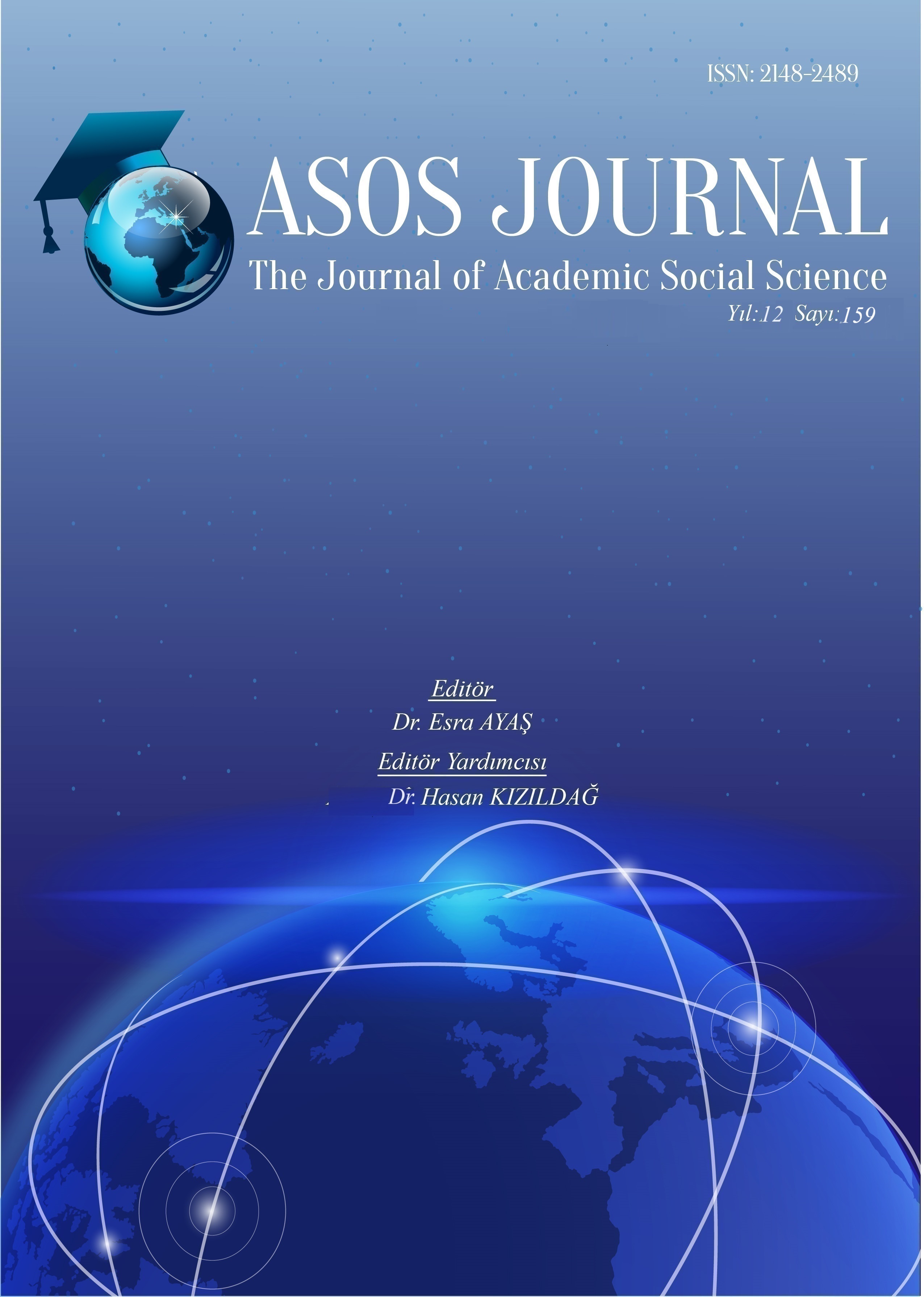HAFİF ZİHİNSEL YETERSİZLİĞİ OLAN ORTAÖĞRETİM ÖĞRENCİLERİNİN MANEVİ İHTİYAÇLARININ BELİRLENMESİ: NİTEL BİR ÇALIŞMA
Author :
Abstract
Araştırmada, hafif zihinsel yetersizliği olan öğrencilerin manevi ihtiyaçlarının belirlenmesi amaçlanmıştır. Katılımcılar, Ankara ilinde yaşayan 14-18 yaş arası hafif zihinsel yetersizlik tanısı almış ve rehabilitasyon merkezine devam etmekte olan 7 ortaöğretim öğrencisinden oluşmaktadır. Araştırmada hafif zihinsel yetersizliği olan öğrencilerle, yarı yapılandırılmış görüşmeler yapılarak bakış açıları incelenmiştir. Katılımcıların manevi ihtiyaçlarını belirlemek amacıyla tasarlanan bu nitel araştırma yorumlayıcı fenomenolojik desen kullanılarak gerçekleştirilmiştir. Katılımcılar yetersizliklerine ilişkin algılarını paylaşmış, engelliliğin toplum tarafından kabulünün önemini vurgulamışlardır. Araştırmacı maneviyatı ön plana çıkaran tema ve ifadeleri saptamıştır. Analiz sonucunda "kabul", "iletişim" ve "manevi ifade" olmak üzere üç ana tema oluşmuştur. Ortaöğretimdeki hafif zihinsel yetersizliği olan gençlerin en çok dile getirdiği görüşler "kabul" teması altındaki "koşulsuz sevgi" ve "engelliliğin kabulü" alt temaları şeklinde olmuştur.
Keywords
Abstract
This study aims to explore the spiritual needs of students with mild mental retardation. Participants consisted of 7 high school students, aged 14-18, living in Ankara, diagnosed with mild mental retardation and attending a rehabilitation center. In the study, semi-structured interviews were conducted with students with mild mental retardation to examine their perspectives. This qualitative research, designed to determine the spiritual needs of the participants, was conducted using an interpretive phenomenological design. Participants shared their perceptions of their disabilities and emphasized the importance of social acceptance of disability. The researcher identified themes and expressions that highlighted spirituality. As a result of the analysis, three main themes emerged: "acceptance", "connection" and "spiritual expression". The most frequently expressed views of young people with mild mental disabilities in secondary education were the subthemes of "unconditional love" and "acceptance of disability" under the theme of "acceptance".





